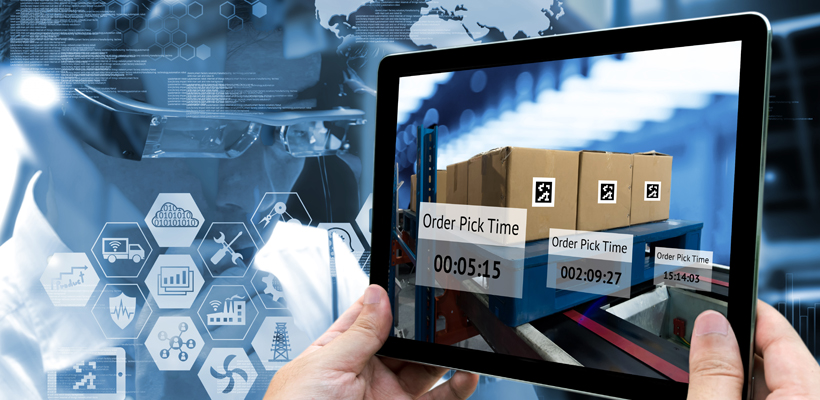The supply chain has come a long way from traditional linear networks to what it is today: dynamic, digitized and interconnected with information flowing in from every part of the network. These new age supply chains are open systems or Digital Supply Networks (DSN). What works today is actually a hybrid of traditional methods with digital networks. Sensor-based data sets help DSNs merge views of the supply chain and use-case appropriate latency responses to dynamic events.
Digital Supply Networks consolidate information from many different sources and locations, from across vendors and stakeholders to drive the chain ahead. The priorities of a supply chain are still the same, over the years: Volatility, velocity, volume, and visibility. All these are digitized today. Needless to say, digitization lowers computing charges, makes storage cheaper, and reduces costs of bandwidth among other things.
The new age methods and tools in DSNs that make a huge difference are powerful analytics, visualization, scenario analysis, predictive learning algorithms and easy access to data. Organizations are keen to collect real-time data and study them in a digitized manner to learn things better. State of the art robotics, drones, additive manufacturing and autonomous vehicle play a major role in implementing these methods.
Manual intervention has been made minimal in most logistics operations now. Robots man warehouse functions. Drones are being sent out to finish last mile deliveries. Uber tests driverless cars. These developments help with the functions of the supply chain. There is exchange of money, time, information and physical goods in every leg of the chain. Lower computing costs and real-time data sharing goes a long way now.
It is no longer a mean feat to gain insight to every step of the supply chain operation. Digitization enables systems to gather data from everywhere and present them in any format you need. The linear flow of designing, creating, and moving physical goods is still intact with the addition of new inter-linkages that enable digitization.
Connectivity, with technical capabilities, has reduced hiccups that have plagued supply chains for aeons. Data predicts disruptions. Real-time data can hasten decisions. Damage control is handled effectively from various corners of the world. Inefficiencies and potholes are identified easily from the data generated by efficient systems.
With the advent of 3D printing, some businesses are shifting to different business models altogether. The requisite materials are shipped across destinations. On the last leg of the journey, 3D printing enables the business owner, with a careful network of logistics and supply chain, to just assemble the final product with 3D printing technology and deliver it to the customer.
Related:
Leveraging shipping data analytics to cut supply chain cost
The Beginning of the drone era in shipping: Should your business be worried?
How analytics can transform supply chain management?








